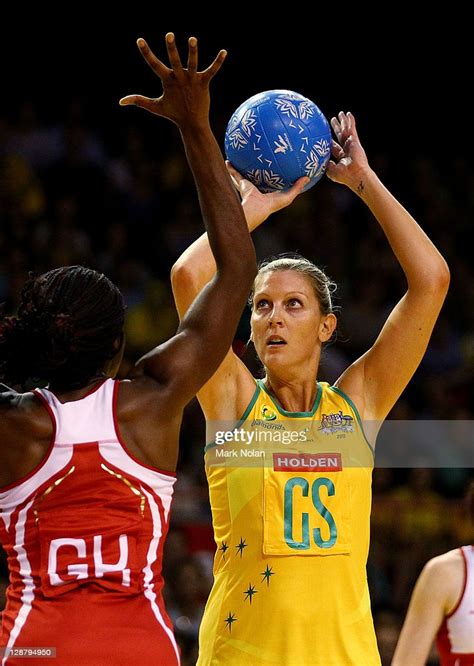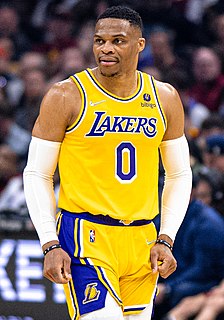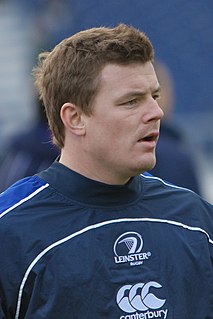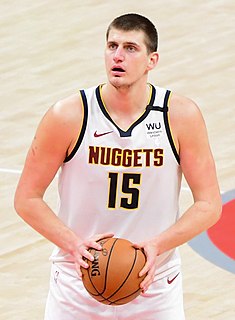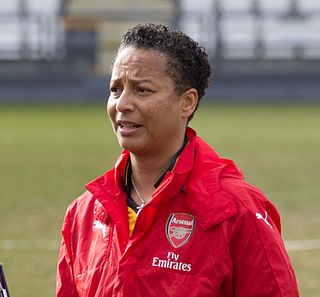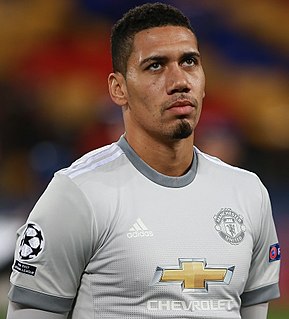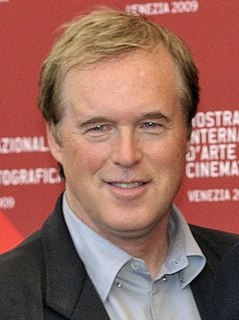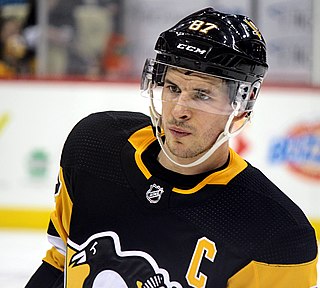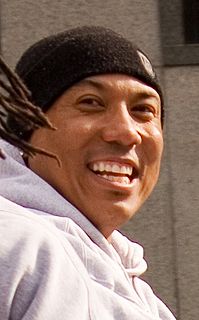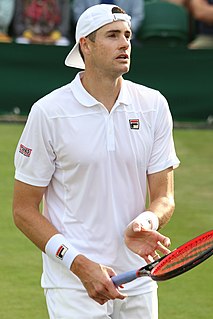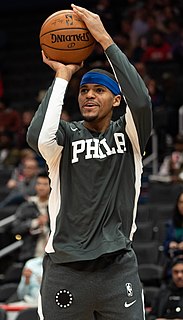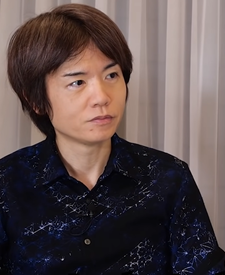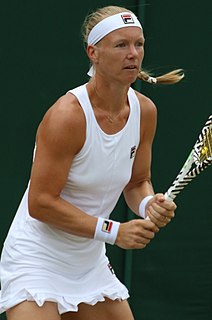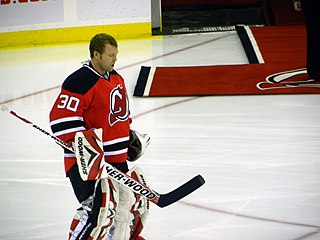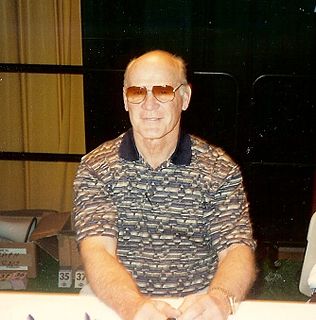A Quote by Catherine Cox
Playing half court or even organising a practise game against another team is a great way to train. It ensures a tough session and is often the best way to learn what works and what doesn't
Related Quotes
Because [Russel Westbrook] is so rare and impacts the game in so many different ways, you see the usage and the amount of time he's playing and say, 'is this sustainable?' I look at it the other way. Are we playing the right way, are we playing together as a team, and what are his minutes like? This is not a guy that's playing 42 minutes a night. When he goes out there he's going to play to who he is, and I think he also understands that in order for our team to be the best we can be he's got to incorporate and help everybody grow as players.
It's tough, it's not the scenario that we wanted for sure. I thought our desperation was there, we worked hard, but it was one game, a lot can happen, they're a good team, and unfortunately we didn't win. We had some bad bounces, and in one game those make a big difference, and unfortunately it didn't go our way. But if we play hard like that, we play desperate like that and control the puck the way we did down low, I like our chances against any team.
Everybody was ready to put Denver and Indianapolis in the championship game. We're the same team that went 15-1 last year and made it to the championship game. We're coming from a different perspective now, being on the road playing two tough road games. We all believed in one another, even if no one else did.
It's important, according to me, to train in small doses so as to not lose the joy of playing chess. I personally think too many coaching and training classes may take away a child's interest in the game itself. The essential thing to do is practise often and, in case of a doubt, to consult a trainer.
Game development is very difficult. Nobody sets out to create a game that's not fun. It's all of the challenges and difficulties that happen throughout development that determine whether a game is a failure or a success. I think playing those thousands of games is the single best and easiest way to learn from my predecessors.
Perhaps the toughest call for a coach is weighing what is best for an individual against what is best for the team. Keeping a player on the roster just because I liked him personally, or even because of his great contributions to the team in the past, when I felt some one else could do more for the team would be a disservice to the team's goals.
